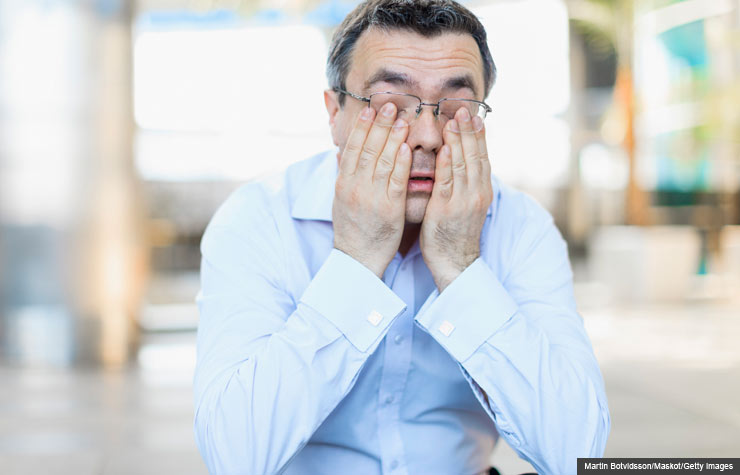AARP Hearing Center


If sleeping pills were the answer for a good night's sleep, we would be one of the world's most well-rested nations.
Doctors wrote nearly 60 million prescriptions (including refills) for Ambien, Lunesta and other prescription sleep aids in 2012, according to IMS Health, a health care technology and information company. That makes sleeping pills some of the most popular medications around.
The pills can help encourage sleep — at least in the short run — but older users should know that the medications come with some risks, says Michael J. Sateia, M.D., chief of sleep medicine at Dartmouth-Hitchcock Medical Center in Lebanon, N.H.
According to Sateia, people in their 50s, 60s and beyond tend to be more sensitive to the drugs and may be more likely to experience side effects such as drowsiness and confusion. "Older people should approach these medications with an extra dose of caution," he says.
Overused, overprescribed
In extreme cases, sleeping pills can send people to the hospital. In fact, more than 19,000 people ended up in the emergency room in 2010 after taking Ambien or other drugs with the active ingredient zolpidem, according to a recent report by the Substance Abuse and Mental Health Services Administration (SAMHSA). That's about a 200 percent increase in ER visits since 2005, a dramatic rise that mirrors America's growing reliance on sleeping pills. About three-quarters of the ER patients were 45 or over, and one-third were 65 or over, underscoring the dangers to older patients.
"Even if they're taking the drug exactly as prescribed, the dose can be more than they can handle," says Peter Delany, director of SAMHSA's Office of Applied Studies.
What's more, sleeping pills are often prescribed, especially to people over 50 because so many of them have trouble going to sleep or staying asleep, Sateia says. "Doctors will first try to reassure them," he says. "If reassurance doesn't work, doctors often resort to medication rather than alternative, non-pharmacological treatments."
A long and checkered past
Sleeping pills have a troublesome record. Older drugs known as benzodiazepines (such as Dalmane or Halcion) are infamous for causing drowsiness, sedation and addiction. As reported in a 2005 issue of the BMJ, people taking benzodiazepines for sleep problems are about twice as likely to be harmed by the drugs than helped.



































































More on health
Is it OK to Double Up on My Allergy Meds?
Stepping up the dose could be dangerous, especially as you age.